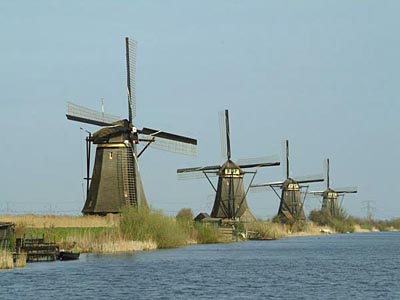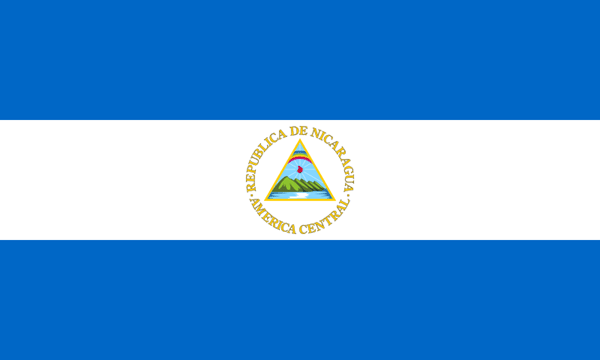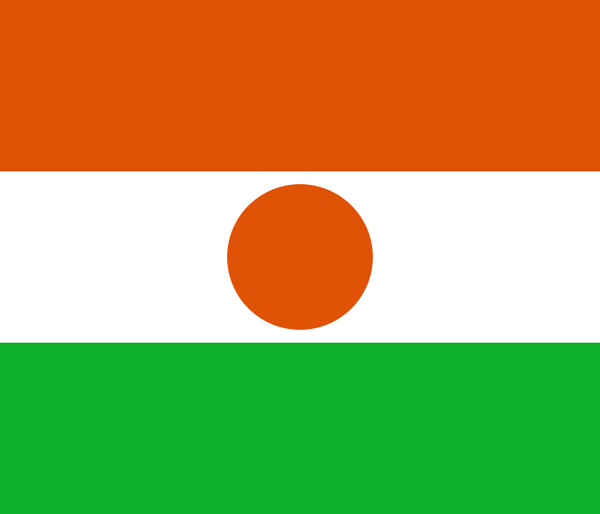Login form
Regional customs and habits
Customs of The Netherlands
Marriage and Family
 Many couples live together before or instead of getting married. Since January 1998, same-sex partnerships have been legally recognized. Same-sex partners are given rights that heterosexual spouses enjoy, such as taxation benefits and inheritance rights.
Many couples live together before or instead of getting married. Since January 1998, same-sex partnerships have been legally recognized. Same-sex partners are given rights that heterosexual spouses enjoy, such as taxation benefits and inheritance rights.
In the Protestant north, families tend to be small, with one or two children. Families are often larger in the Catholic south. In urban and rural areas alike, the gezin, or nuclear family, is considered more important than the extended family.
Customs of Nicaragua
Marriage and Family
 The extended family exerts a major influence on an individual’s life and decisions. It is not uncommon to have parents, aunts, uncles, and cousins all living together. As in many Central and South American nations, a person has two family names. The last name is the mother’s family name, and the second-to-last name is the father’s family name, which functions as the surname. Therefore, a person named José Muñoz Gómez would be called Señor Muñoz.
The extended family exerts a major influence on an individual’s life and decisions. It is not uncommon to have parents, aunts, uncles, and cousins all living together. As in many Central and South American nations, a person has two family names. The last name is the mother’s family name, and the second-to-last name is the father’s family name, which functions as the surname. Therefore, a person named José Muñoz Gómez would be called Señor Muñoz.
Customs of Nigeria
Marriage and Family
 Marriage customs vary, but the payment of a bridal token or dowry is common throughout the country. The groom is expected to give money, property, or service to the family of the bride. Western-style dating is not common in rural areas, but it is practiced by some young people in urban areas. Women usually marry by the time they are 20 and men marry in their mid-20s. Marriage is often considered a process rather than an event, so couples may live together before or instead of a formal marriage ceremony. Many couples simply find a wedding to be too expensive.
Marriage customs vary, but the payment of a bridal token or dowry is common throughout the country. The groom is expected to give money, property, or service to the family of the bride. Western-style dating is not common in rural areas, but it is practiced by some young people in urban areas. Women usually marry by the time they are 20 and men marry in their mid-20s. Marriage is often considered a process rather than an event, so couples may live together before or instead of a formal marriage ceremony. Many couples simply find a wedding to be too expensive.
Customs of Niger
 Marriage and Family
Marriage and Family
Marriages are typically arranged by the family, and a bride-price is paid by the groom’s parents to the bride’s parents. Village women often marry at about age 15, and men between 18 and 25. People in urban areas tend to marry later. The traditional marriage ceremony lasts three days, with a big feast for friends. In some parts of
Customs of Niue
Marriage and Family
 Weddings are usually prepared by members of the bride’s extended family. They put up the fale (a temporary shelter from the sun or rain) for the reception, invite a large number of guests, and provide a feast, which is held after the church ceremony. Alcoholic beverages, especially beer, are usually served. As part of the wedding celebration, members of different families or groups of friends perform songs and dances wearing traditional costumes.
Weddings are usually prepared by members of the bride’s extended family. They put up the fale (a temporary shelter from the sun or rain) for the reception, invite a large number of guests, and provide a feast, which is held after the church ceremony. Alcoholic beverages, especially beer, are usually served. As part of the wedding celebration, members of different families or groups of friends perform songs and dances wearing traditional costumes.
